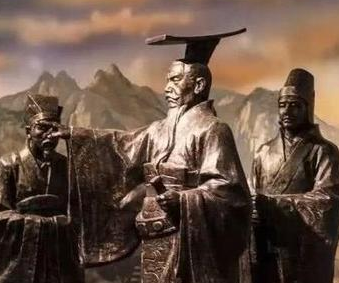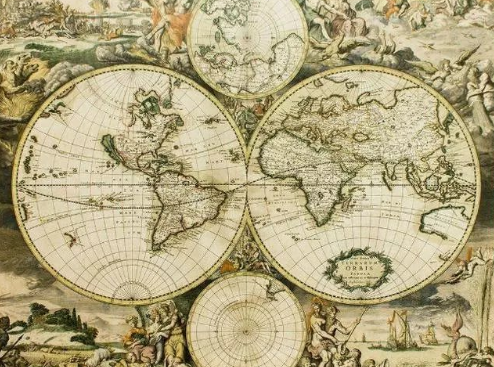In Chinese history, the incident of burning books and killing Confucian scholars has always been controversial. This incident involves two historical figures: Ying Zheng and Xiang Yu. They both had a significant impact on ancient Chinese culture at different times. However, who is the protagonist of burning books and killing Confucian scholars? What are the differences in their sins? This article will explore this.

First, let's look at one of the main protagonists of the incident - Ying Zheng. As the first emperor of China, he united the six kingdoms and established the first centralized feudal dynasty in Chinese history. Under his rule, in order to consolidate power, he implemented a series of severe measures, one of which was the burning of books and killing of Confucian scholars. According to historical records, Ying Zheng ordered the burning of Confucian classics such as "The Book of Songs" and "The Book of Documents", and killed a large number of Confucian scholars. This action undoubtedly caused tremendous damage to ancient Chinese culture.
However, as another historical figure, how does Xiang Yu's sin differ from Ying Zheng's? Xiang Yu was a leader of the rebel army at the end of the Qin Dynasty. After overthrowing the Qin Dynasty, he briefly held power. During his struggle with Liu Bang for control of the country, Xiang Yu ordered the burning of the Xianyang Palace, resulting in the destruction of a large number of cultural relics and books. This action also caused losses to the ancient Chinese cultural heritage.
So, whose sin is greater? From the perspective of the depth and breadth of impact, Ying Zheng's burning of books and killing of Confucian scholars is undoubtedly more serious. His actions not only destroyed the cultural ecology of society at that time, but also had a negative impact on cultural inheritance in later generations. Although Xiang Yu also had the act of burning books, his actions were more due to the needs of war, and the impact was relatively small.
In addition, we can also analyze from their motives. Ying Zheng's purpose of burning books and killing Confucian scholars was to eliminate dissident thoughts and achieve ideological unity. He believed that this was conducive to consolidating his rule. On the other hand, Xiang Yu's burning of the Xianyang Palace was to retaliate against the tyranny of the Qin Dynasty and prevent Liu Bang from obtaining the wealth of the Qin Dynasty. From this perspective, although Xiang Yu's behavior has its rationality, it still cannot cover up the destruction of cultural heritage.
Overall, both Ying Zheng and Xiang Yu had adverse effects on ancient Chinese culture. However, from the breadth and depth of impact, Ying Zheng's burning of books and killing of Confucian scholars is undoubtedly a greater sin. This incident not only destroyed the cultural ecology at that time, but also had a profound impact on the cultural inheritance of later generations. Although Xiang Yu's behavior also had a certain degree of destruction, in comparison, its impact scope and degree were smaller.
Disclaimer: The above content is sourced from the internet and the copyright belongs to the original author. If there is any infringement of your original copyright, please inform us and we will delete the relevant content as soon as possible.
































